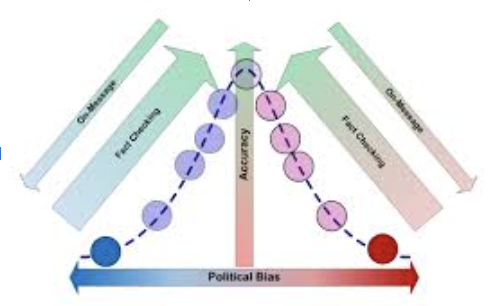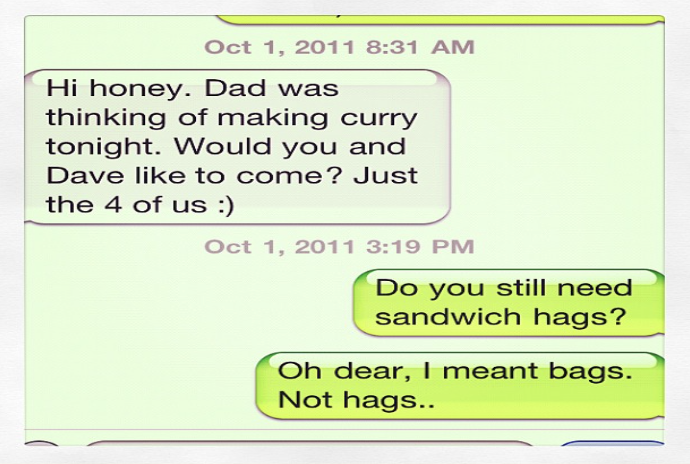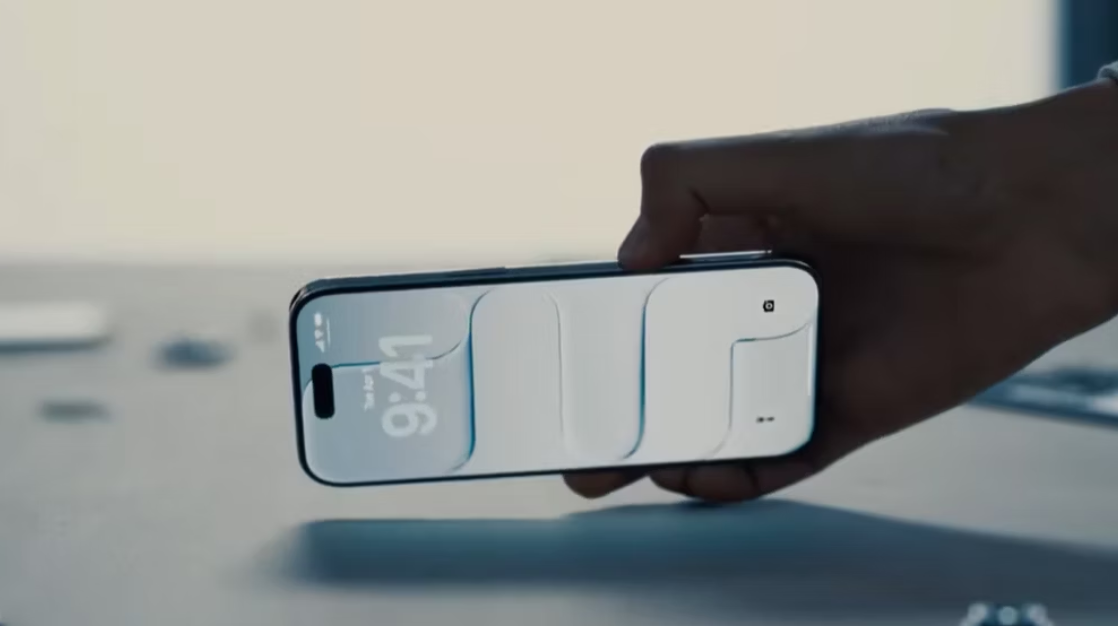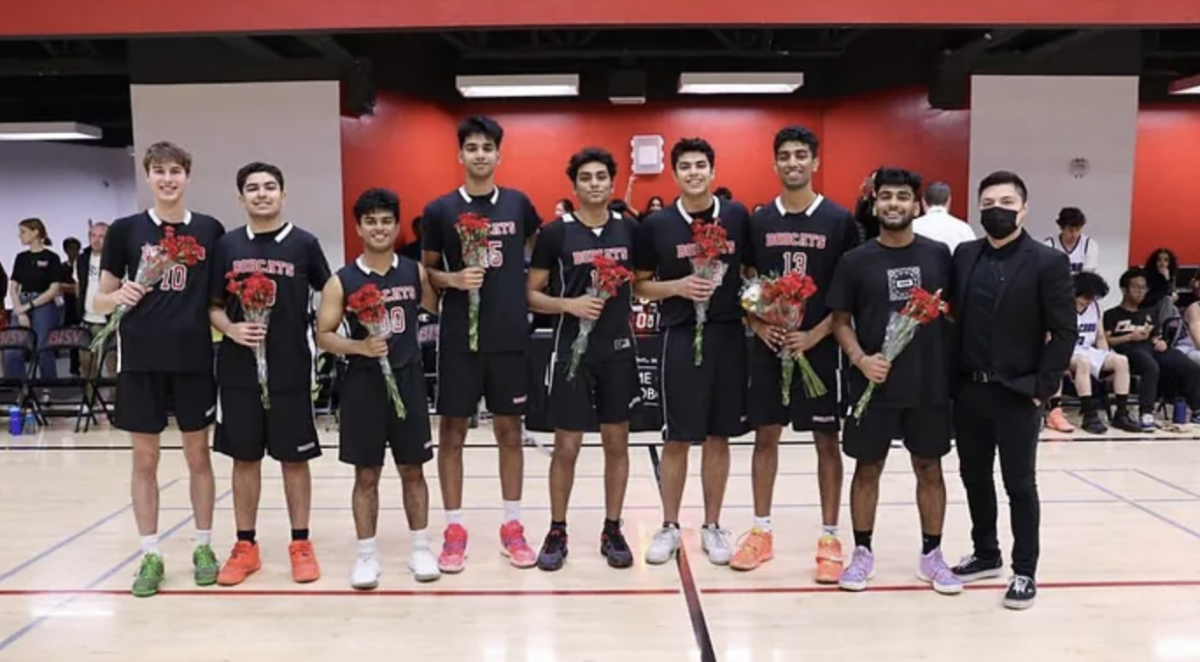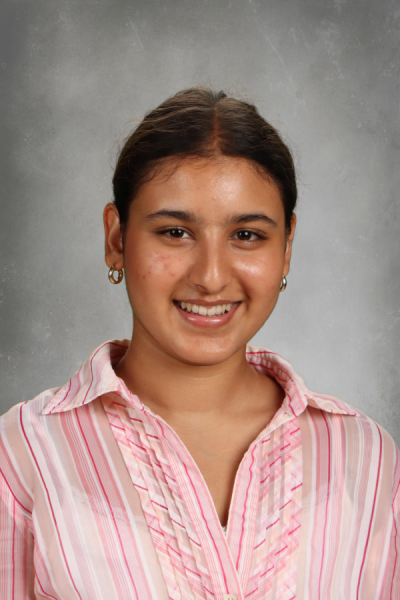Once upon a time, I was in fifth grade, and my mom thought I was dyslexic because I wasn’t an obsessive reader. My mom firmly believed that my reading skills were subpar despite my good grades. Thus, she decided to take me to this summer camp run by a scary psychologist who still wore her stiff gym uniforms from her long-gone days as a PE teacher and a football coach. The moment I walked into the camp, the first thing I noticed was the candies that covered the giant black tables at which the other students and I were supposed to sit. At first, I was a little confused because I thought the candy was probably part of a reward system for being well-behaved or doing well in some activities. Most adults would not normally put that much candy in front of an elementary school kid, such as myself, to save themselves from dealing with a sugar-high, energizer-bunny child. Despite being scared of the psychologist, I decided to ask her if I could have the candy, even having done nothing to deserve it. She told me that the candy was supposed to keep me focused on the activities of this camp because sucking things stimulates a certain part of your brain that helps you focus. (Upon further research, I learned that sucking things stimulates the brainstem, which indirectly stimulates the prefrontal cortex, the region in your brain responsible for focusing.) As all of the other students started to enter the camp, I realized that they were all boys in high school. Then it started to make more sense. The psychologist felt comfortable leaving copious amounts of candy in front of her students without worrying about them becoming hyper because most of them were old (compared to me at least). For me, it ended up being a funky experience that involved a lot of colorful language, as I was an 11-year-old child playing mental speed games against five teenage boys. Sometimes we played games that involved grouping cards together based on characteristics under time constraints. Other times we played Spot it!, which is a speed game that tests your ability to recognize minute details. Throughout the camp, I was never able to appreciate the fact that I wasn’t as old or cool as the boys. However, by never losing a game and winning many, I successfully maintained that, rather than being inferior, I was definitely smarter than them. I also managed to consume ungodly amounts of candy during the period of the camp. Overall, I honestly found the camp to be quite enjoyable.
Essentially, I just told you that sucking hard things, like hard candy, helps you focus. This is why you should carefully accumulate an assortment of hard candies this Halloween. Some varieties that you should consider amassing are Jolly Ranchers, the hard ones, not the chews; Dum-dums, a classic; and Chupa Chups, nice big lollipops with a cute name. (Avoid War Heads, as the extreme sourness will be off-putting and keep you from concentrating.) This candy that you have amassed should be distributed to each of your study sessions throughout the rest of the school year. Keep ten times the amount of sugar you consume in other months for April and May, as this is AP season. Because candy supposedly improves your concentration, you will want to keep that candy stocked up, so you can study with hypereal amounts focus to obtain those beautiful A grades and those gorgeous, little fives on your AP tests. (Or the candy can just be an excuse to comfort yourself with sugar, especially during times of stress. But no one needs to know that.)
When your parents ask you why you are hoarding more candy than your 10-year-old, baby cousin, you are going to craft an elegant Rogerian argument, in which you will promote yourself while appeasing the opposing party, your parents. To establish your credibility—your ethos—you must cite the scary psychologist, Tere Linzey. If you want to go a step further, cite her book “Measuring Up!” about the psychology of focusing on tasks that involve finding patterns, such as reading. This book is relevant because it demonstrates that the psychologist knew what she was saying when she told me about how sucking candy improves concentration, as she has done extensive research on the topic of focus. (I haven’t read the book, so I don’t actually know what it says. Therefore, if you really want to cite it, then you’re probably going to have to read it or research it, at the very least.) After you have cited the psychologist, you will proceed to pacify your opponents, or, rather, your parents, by stating that candy will improve your performance on the AP exams (by helping you focus while studying, obviously) through the use of logic, otherwise known as logos.” Next, you will establish your pathos (add an emotional appeal to your argument). You will explain to your parents that you want to make their dreams come true by becoming a doctor or an engineer, the lucrative professions, which they tell you that you have to obtain when they lecture you about your future. You have to state that having a monstrously colossal stash of candy will enable you to get perfect grades, so you get into a top-tier college, majoring in something that corresponds to the profession that your parents desire for you. You will tell them that you will undoubtedly end up in that profession. At this point, you will have managed to please yourself by providing yourself with candy and your parents with an increased assurance of your future success.
You are welcome for the advice. Happy Halloween!

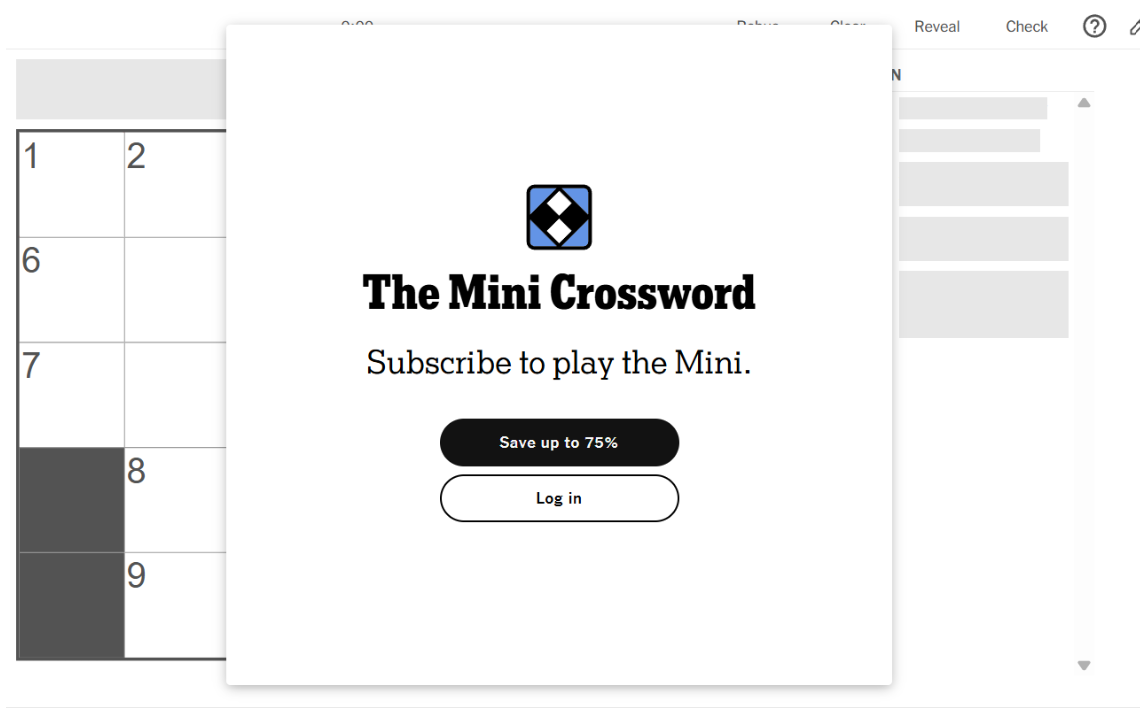







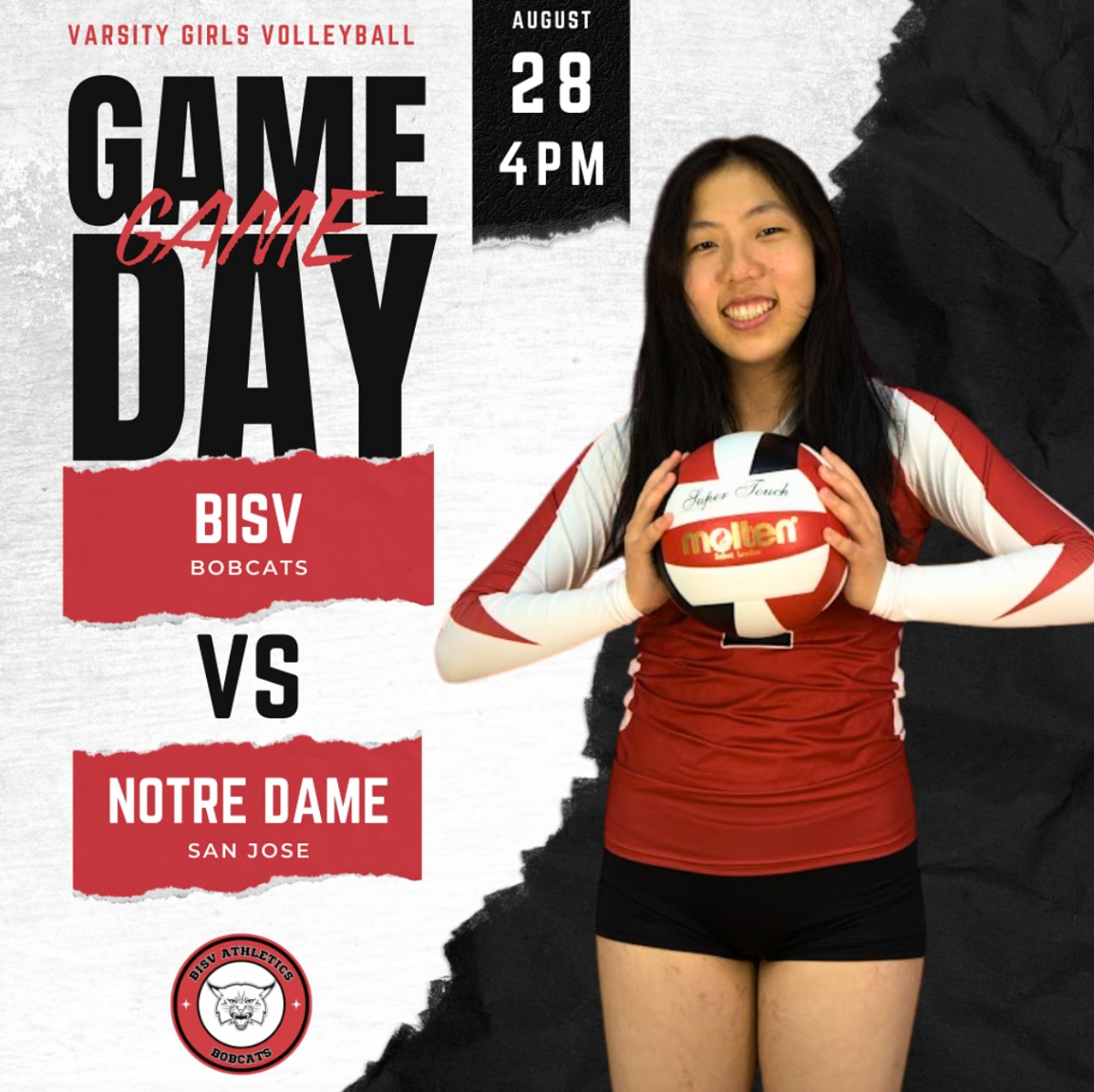

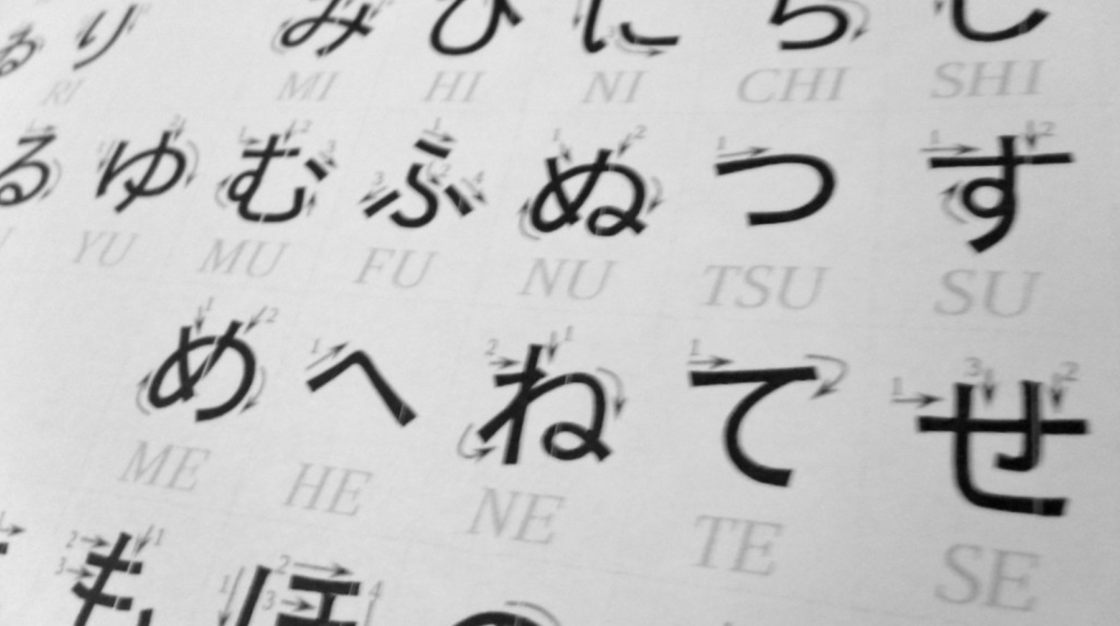
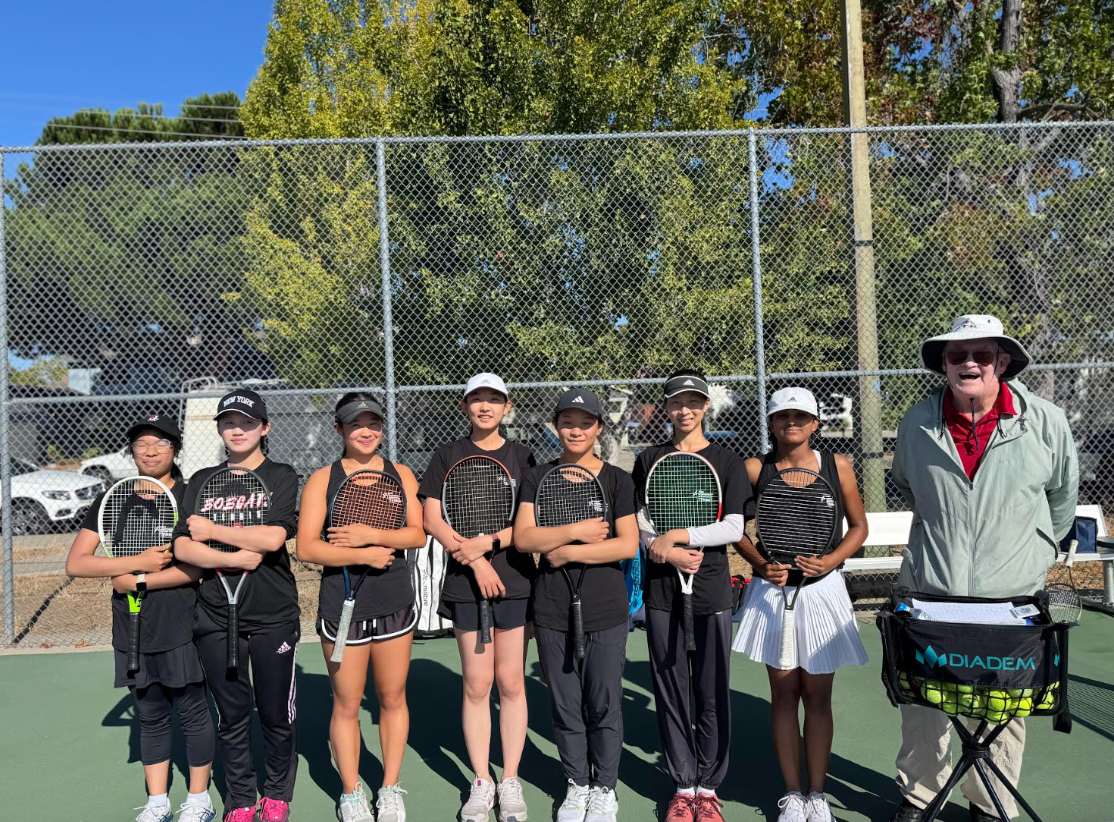




![Teacher [Milk] Tea: Part 2](https://bisvquill.com/wp-content/uploads/2024/03/Screen-Shot-2024-03-19-at-9.28.48-PM.png)



















